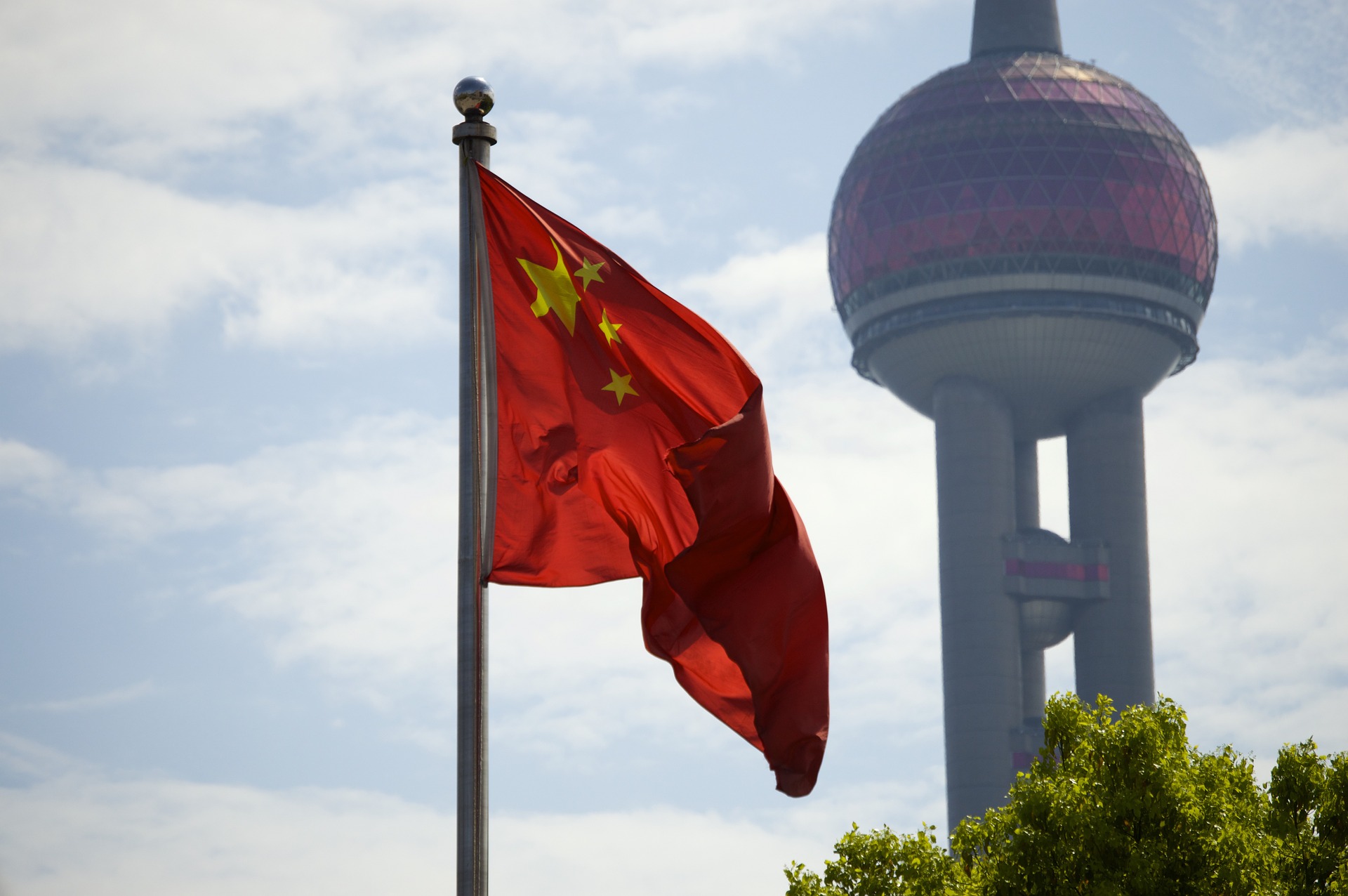Following months of regulations and state intervention in certain industries in China in 2021, the first talks of China being “uninvestable” emerged. About three years later, it still seems hard for the country to shake this tag off.
China’s economic outlook is still clouded. “First, overall economic momentum has remained soft in the first two months of the year, necessitating additional need for stimulus,” says ING’s Chief Economist, Greater China, Lynn Song. “Second, real estate will remain a drag on the economy this year, and other investment will need to pick up the slack. Third, a slowdown in retail sales illustrated that it will be difficult to rely on consumption alone this year to achieve the 5% growth target.”
So, should investors remain negative on the Chinese market?
“China’s economy and equity markets haven’t had an easy ride,” admits James Kenney, Senior Investment Manager at Pictet Asset Management. “But we believe there are still plenty of attractive investment opportunities.”
He disagrees with the uninvestable sentiment and points out that despite the “online gaming blip”, the overall direction for regulation seems to be easing with a more supportive government advocating a stable and friendly policy environment for companies. “What is more, valuations are very compelling – models devised by our multi asset strategies show that Chinese stocks are the cheapest they’ve ever been in the past 20 years and cheaper than any other major equity market. That in itself, of course, is not a reason to buy, but it does create attractive entry points for areas of the market where future prospects look strong,” says Kenney.
“Fourth year of consolidation for Chinese equity markets”
Lombard Odier Investment Managers (LOIM) argue that Asia ex-Japan equity investors should still allocate to China, but they need to be more selective. “2024 would mark the fourth year of consolidation for Chinese equity markets since the peak in 2021,” says June Chua, Portfolio Manager of Asian equities at LOIM.
The asset manager points out that the Chinese government needs to do more to support growth in the short term. As policy measures, LOIM says it would be beneficial to see the following: Fiscal policy support via increasing the deficit ratio, property sector support, assistance to solve the local government financing vehicle (LGFV) debt risks and capital market support similar to the $15 bn support in Hong Kong in 1997.
“Although we believe the likelihood of our wish list materialising is low, we are confident that there will continue to be incremental policy adjustments to support growth. In the meantime, our slight underweight remains unless one or more of our wish list measures are implemented and confidence returns to the market,” says Chua.
“Don’t overlook the longer-term prospects”
M&G Investments believes investors are making a mistake if they only focus on short-term uncertainties if they think China is uninvestable. “We believe many investors are overlooking the longer-term prospects for companies that either have powerful structural tailwinds behind them or enjoy very strong competitive positions.”
The London-based asset manager highlights that despite the well-known stress points in certain segments of the Chinese real estate market and banking system, there are still promising sectors of structural growth, particularly in industries related to the energy transition.
For instance, China’s pledge to be net zero by 2060 is already showing impressive results. “China now leads the world in the installation of both wind and – especially – solar energy. It is also the world leader in the existing installed electric vehicle (EV) fleet and production. It is expected that renewable electricity generation (wind and solar) in China will increase sevenfold between 2020 and 2060,” points out M&G.










 Australia
Australia China
China India
India Indonesia
Indonesia Japan
Japan Malaysia
Malaysia Philippines
Philippines Singapore
Singapore South Korea
South Korea Taiwan
Taiwan Thailand
Thailand Vietnam
Vietnam Germany
Germany Hong Kong
Hong Kong USA
USA Switzerland
Switzerland Singapore
Singapore
 United Kingdom
United Kingdom








